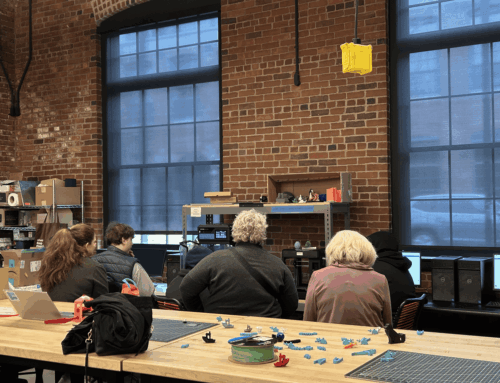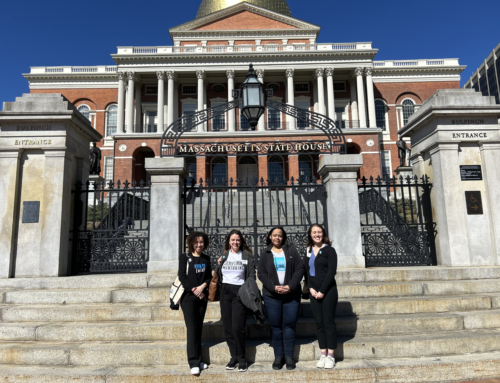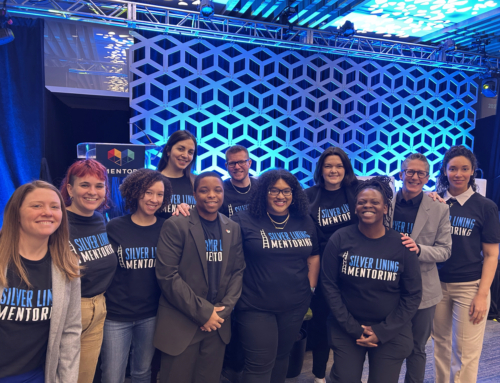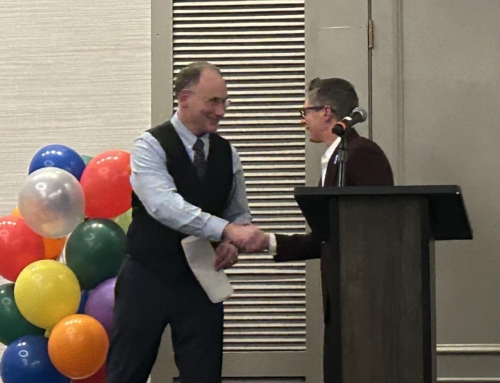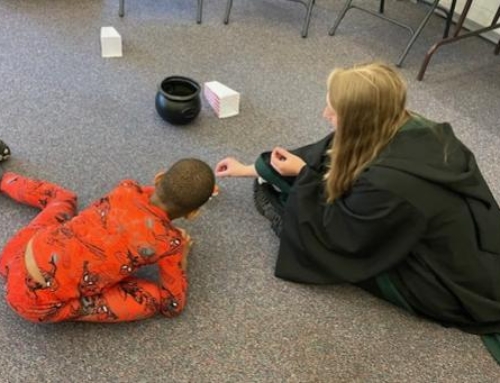SLM is so grateful for our experience working with Social Venture Partners and we cannot thank our consultants enough for all of their hard work and dedication in helping us determine how we want to grow and serve more young people. Read more about our experience with them in the interview they conducted with our CEO Colby Swettberg
A brief overview of Silver Lining Mentoring
Silver Lining Mentoring is the only mentoring organization in Massachusetts that exclusively serves youth in foster care. Founded in 2001, Silver Lining empowers foster youth in Greater Boston to flourish through committed, long-term mentoring relationships and essential life skills development.
Silver Lining Mentoring became an SVP Grantee in June 2014. Where you then, and where are you now?
SVP selected us right after the Social Innovation Forum chose us as a Social Innovator in 2014. The combination of these two opportunities enabled us to ride a very exciting wave of growth and helped broaden our base of support. Our SVP engagement kicked off at just the right time – we had started to examine our program models, evaluation methods, and our path to growth, but the infusion of new brainpower from our team of SVP consultants gave us the opportunity to go even deeper in these areas. In 2014, we had a version of a strategic plan, but it mostly sat on the shelf and wasn’t utilized routinely. We also had some initial data, but SVP helped us develop a robust evaluation program.
Early on, I had a sense of what our SVP engagement would look like, but I never would have guessed how valuable it would actually become. SVP gave us access to a team of volunteers who brought a tremendous amount of expertise and business acumen from their varied professional backgrounds to our work. And, instead of just coming in with “quick hit” solutions, our SVP team skillfully and efficiently embedded themselves within the fabric of our organization and worked to understand the complex challenges that we face and that our young people face. Over three years with SVP, we’ve grown in terms of staff size, budget, and number of youth served.
As you think back on three years with SVP, what do you consider the greatest success of the engagement?
We’ve had many successes during our time with SVP, but I’d say it’s a tie between our Flight Plan and our business plan. We developed our Flight Plan to track outcomes for our young people. It’s helping us identify which outcomes we can move the needle most on for youth in foster care. Our three-year business plan has become our roadmap. It’s our path to the future, and we use it as a resource on a regular basis. We’ve even incorporated our business plan into our new employee orientation and recently created a new position this year to help us implement it. That’s how useful it is. SVP helped us with so many other things as well, but the Flight Plan and business plan were instrumental and really galvanized us to think in new ways about our impact and our growth.
Most challenging aspect of your time with SVP?
Being able to take full advantage of all of the time and talent that SVP has to offer. It’s sometimes difficult to look ahead and invest time into capacity building projects when you’re trying to stay on top of the day-to-day work and keep the programs running, but the work that we’ve accomplished with SVP has been essential. Our SVP team has pushed us to think in new and different ways, and we’ve learned how to get ahead of challenges like never before. An SVP engagement takes a lot of time and energy, but if we could stay on for another three years, we’d do it in a heartbeat. That just speaks to how critical SVP’s support has been.
What’s on the horizon for Silver Lining?
Growing to meet the need that we know is out there. There’s an immediate and significant unmet need for youth in foster care to have access to long-term mentors, life skills, and housing. We want to make sure that we’re getting resources to youth in foster care and to those who have aged out of the child welfare system. These young people get dropped off a cliff when they turn 18, that’s their reality. We want to ensure that every young person who ages out of foster care has access to consistent relationships and the skills they’ll need to succeed in adulthood, as well as a safe place to live. It’s a matter of growing carefully, with thought and intentionality, so that we can create lifelines for young people in foster care. That’s what drives us forward every day.
